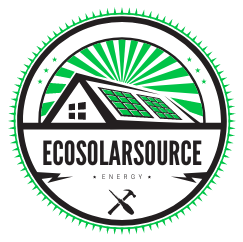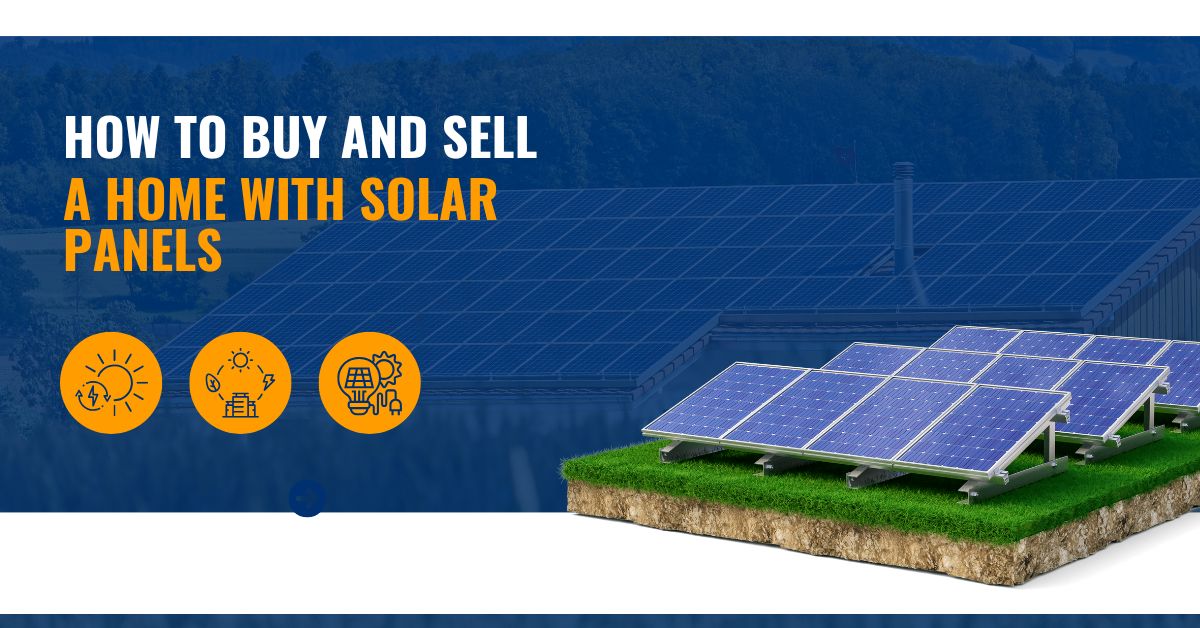How to Buy and Sell a Home with Solar Panels
Know the details about How to Buy and Sell a Home with Solar Panels, Learn the ins and outs of buying and selling homes with solar panels. Our comprehensive guide covers everything you need to know, from understanding solar panel value, handling inspections, and navigating solar leases, to maximizing your property’s market appeal.
Whether you’re a buyer interested in energy-efficient options or a seller looking to increase your home’s resale value, our resource helps you make informed, profitable decisions in today’s solar-powered real estate market. Explore key tips and strategies to ensure a smooth transaction and maximize the benefits of solar energy in your home investment journey.
Table of Contents
How to Buy and Sell a Home with Solar Panels: A Complete Guide
With the rise of renewable energy and the increasing interest in reducing utility bills, homes with solar panel installations are becoming more desirable. However, buying or selling a home with solar panels adds a layer of complexity that isn’t present in traditional real estate transactions. This guide provides everything you need to know to navigate the process, covering legal, financial, and practical considerations.
Why Solar Panels are Valuable for Homeowners
Before diving into the buying and selling processes, it’s essential to understand why solar panels add value to a property:
- Energy Savings: Homes with solar panels reduce or even eliminate monthly electricity costs, making them attractive for cost-conscious buyers.
- Environmental Impact: Solar energy is renewable and reduces the homeowner’s carbon footprint, aligning with the values of eco-conscious buyers.
- Increased Property Value: Studies have shown that homes with solar panels often sell at a premium, reflecting the long-term energy savings for future owners.
- Potential Tax Benefits: Many regions offer tax incentives or rebates for installing solar panels, increasing a property’s appeal and adding financial incentives for buyers and sellers.
Buying a Home with Solar Panels
When buying a home with solar panels, several factors influence the transaction process, such as ownership, financing options, maintenance responsibilities, and legal considerations.
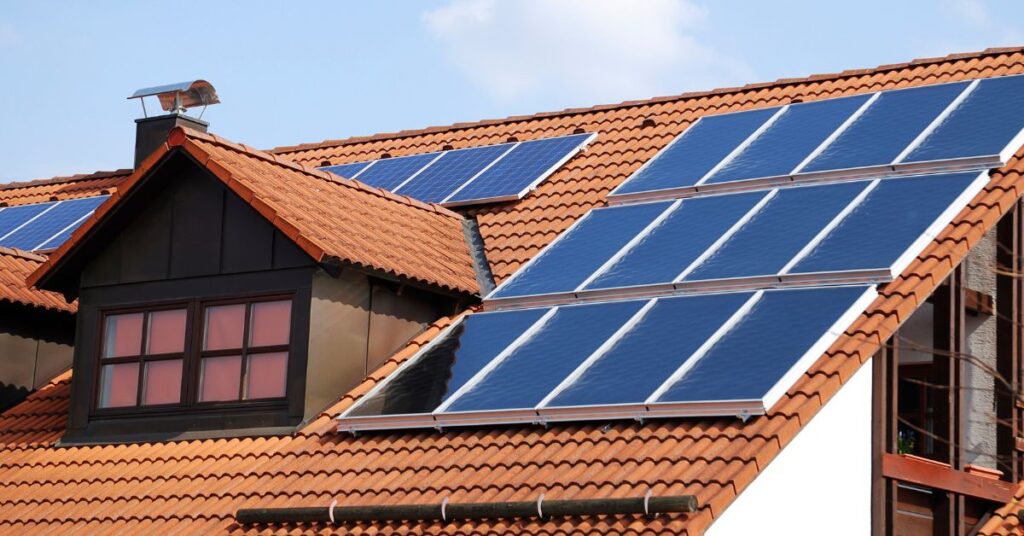
1. Understand the Solar Panel Ownership Model
There are three main types of solar ownership, each with unique implications for buyers:
- Owned Panels: The seller owns the panels outright, and they are included in the sale of the home. Buyers can expect a smooth transition, as the ownership will transfer with the property.
- Leased Panels: The homeowner may lease the solar panels from a solar company, typically with monthly payments. Buyers must either assume the lease, negotiate with the company to buy out the lease, or consider other options.
- PPA (Power Purchase Agreement): With a PPA, the homeowner agrees to purchase the power generated by the solar system at a predetermined rate, rather than leasing the equipment. Buyers may need to continue the agreement with the solar company.
2. Evaluate the Solar Agreement
For leased panels or PPAs, buyers should review the terms and conditions, such as:
- Monthly Costs: Make sure the monthly payment aligns with potential energy savings.
- Lease Terms: Leases often last 15 to 20 years, so it’s essential to confirm how much longer the contract will continue and if there are penalties for early termination.
- Transfer Policies: Verify if the lease or PPA is transferable and if the solar company requires credit checks or other conditions for new owners.
3. Request Documentation on Installation and Performance
Before making a purchase decision, request detailed documentation, including:
- Installation Records: Check for information on the installation date, panel brand, and inverter details, as these affect system longevity and maintenance.
- Maintenance Records: A well-maintained system will yield better performance, so check for regular maintenance logs.
- Performance Reports: Ask the current owner for data on energy production, ideally through a monitoring app or report from the solar company.
4. Conduct an Appraisal and Inspection
Solar panels can complicate appraisals, as their value isn’t always fully accounted for in traditional real estate appraisals. You might want to:
- Work with a Solar-Savvy Appraiser: Some appraisers have expertise in valuing homes with solar panels, ensuring they account for the potential savings and increased value.
- Request a Solar System Inspection: Besides the regular home inspection, consider hiring a professional to inspect the solar panels, inverters, and connections for any damage or issues.
5. Research Available Incentives for New Owners
Depending on your state or municipality, you might qualify for incentives or tax credits as a new homeowner with solar panels. Check local and federal programs that can reduce your costs.
Selling a Home with Solar Panels
If you’re selling a home with solar panels, these steps will help streamline the process and make the property attractive to potential buyers.
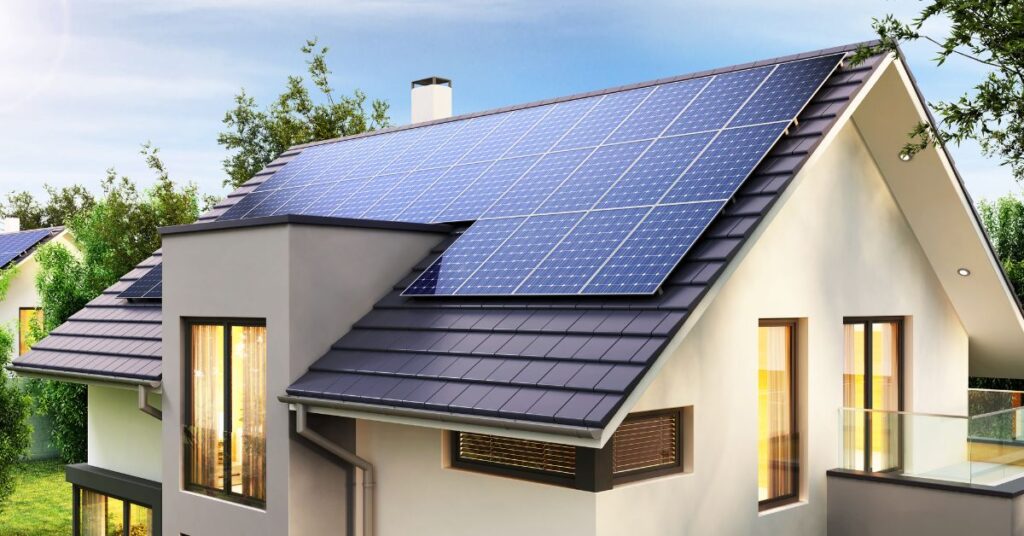
1. Gather All Solar System Documentation
Having all relevant documents ready will simplify the process for buyers, especially those new to solar energy. Documentation to prepare includes:
- System Specifications: Brand, capacity, age, and any unique features.
- Ownership Details: Whether the system is leased, owned, or under a PPA.
- Warranties and Guarantees: Buyers will want to know the remaining duration of warranties and coverage for panels and inverters.
- Energy Production Data: Providing recent energy production records can reassure buyers of the system’s performance.
2. Disclose the Financial Details
Disclosing the financial aspects upfront helps potential buyers make informed decisions. Include information on:
- Transferable Credits: In some cases, remaining tax credits or incentives can transfer to the buyer, enhancing the home’s value.
- Monthly Costs for Leased Systems or PPA: If you have a lease or PPA, provide information on monthly payments and total contract duration.
- Buyout Options: If applicable, calculate the buyout cost for the system lease or PPA, allowing buyers to compare options.
3. Market the Energy and Cost Benefits
Highlight the advantages of solar panels in your listing and marketing materials:
- Monthly Savings Estimates: Share estimated savings, as reduced utility bills are a top selling point.
- Environmental Impact: Some buyers are drawn to sustainable homes, so emphasizing the environmental benefits can attract eco-conscious buyers.
- Highlight Recent Incentives: Mention any state or local incentives that buyers may still benefit from.
4. Consider Getting a Specialized Appraisal
An appraiser with experience in valuing homes with solar panels can provide a more accurate home valuation, factoring in the system’s energy savings and longevity.
Financing Challenges with Solar-Equipped Homes
Financing homes with solar panels can be challenging, especially with leased systems or PPAs. Here’s what buyers and sellers need to know:
1. Understand Lender Requirements
Many lenders have specific requirements for homes with solar installations, especially when it comes to leases and PPAs. Lenders might require:
- Proof of Transferable Lease: For leased systems, lenders may require proof that the lease can be transferred to the buyer.
- Ownership Proof: Lenders may ask for documentation confirming that the panels are owned outright if this is the case.
2. Address Potential Appraisal Issues
Since not all appraisers assign value to solar installations, buyers may face challenges securing a mortgage if the appraisal doesn’t reflect the panels’ worth. To mitigate this:
- Present Detailed Documentation: Providing the appraiser with production data, warranties, and ownership documents can help them better assess the solar panels’ value.
- Request a Reconsideration of Value (ROV): If the appraisal comes back lower than expected, buyers or sellers can request an ROV to account for the solar installation.
Key Legal and Maintenance Considerations
A solar panel system requires some unique legal and maintenance considerations when changing ownership.
1. Transfer of Warranties and Service Agreements
Check the warranties for the solar panels and inverters, as these warranties often transfer to new owners. Be sure to:
- Verify Warranty Transferability: Some manufacturers require formal paperwork to transfer warranties.
- Service Agreement Transfer: If there is a maintenance or monitoring agreement, contact the service provider to confirm it can transfer with the property.
2. Plan for Regular Maintenance
Homeowners with solar panels should be aware of general maintenance requirements, such as:
- Cleaning Panels: Dirt and debris can reduce panel efficiency, so regular cleaning may be necessary, depending on local weather and environmental conditions.
- Annual System Checkups: Schedule annual checkups to ensure the panels and inverters work optimally.
- Inverter Replacement: Inverters often last 10–15 years, shorter than the panels, so buyers should budget for eventual replacements.
Tax Implications and Incentives for Solar-Equipped Homes
Tax considerations play a significant role in the financial benefits of solar-equipped homes.
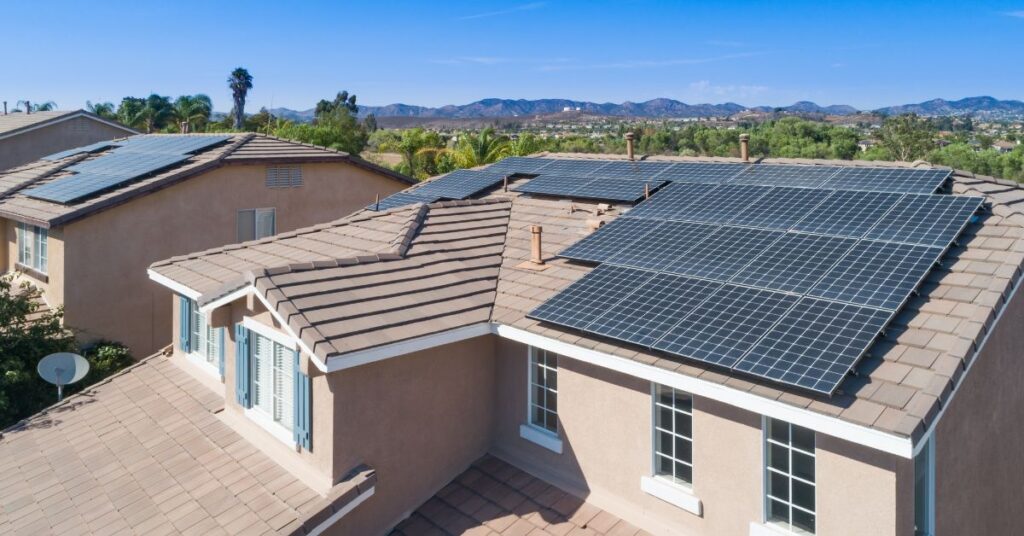
1. Federal Tax Credit
The federal solar tax credit (ITC) allows homeowners to claim a percentage of their installation costs on their taxes. However, the eligibility for this credit depends on:
- Ownership of the System: Only homeowners who purchased their system (not leased) are eligible for the ITC.
- Timing of Installation: The credit percentage decreases over time, so verify the exact credit for the year the system was installed.
2. State and Local Incentives
Each state has different incentives, and some local governments or utilities offer rebates or subsidies for homes with solar panels. Buyers should research:
- Property Tax Exemptions: Some states offer property tax exemptions for the added value of solar systems.
- Net Metering Programs: Many areas allow homeowners to sell excess electricity back to the grid, further reducing electricity bills.
Final Checklist for Buying and Selling Homes with Solar Panels
For Buyers:
- Verify solar ownership status (owned, leased, or PPA).
- Review lease or PPA terms if applicable.
- Request maintenance records and performance data.
- Ensure warranties and service agreements transfer smoothly.
- Confirm the home’s appraisal accounts for solar value.
For Sellers:
- Gather all documentation, including ownership, maintenance, and performance records.
- Disclose all financial details related to the system.
- Highlight cost savings and environmental benefits in marketing.
- Provide prospective buyers with information on any remaining tax credits or incentives.
FAQs About How to Buy and Sell a Home with Solar Panels
Conclusion
Buying or selling a home with solar panels involves unique steps, but with proper preparation, the process can be rewarding for both parties. From understanding ownership models to addressing appraisal challenges, each aspect offers an opportunity to maximize the benefits of solar energy. By embracing solar energy’s potential, you’re investing in a sustainable future and an energy-efficient lifestyle.
Click here to learn more about How to Buy and Sell a Home with Solar Panels
Click here to learn more about A Guide on Solar Panel Roads in India
